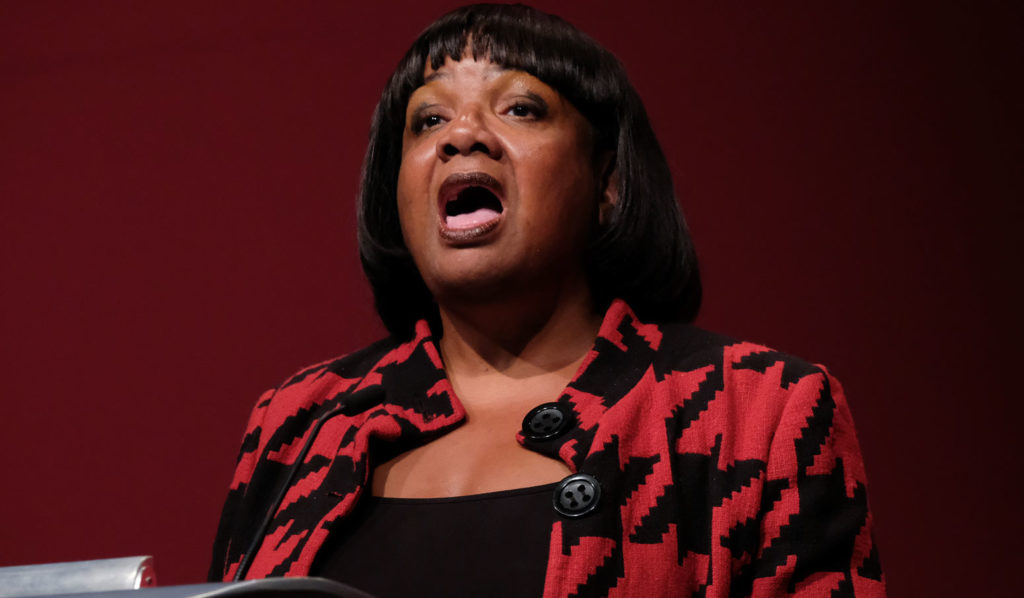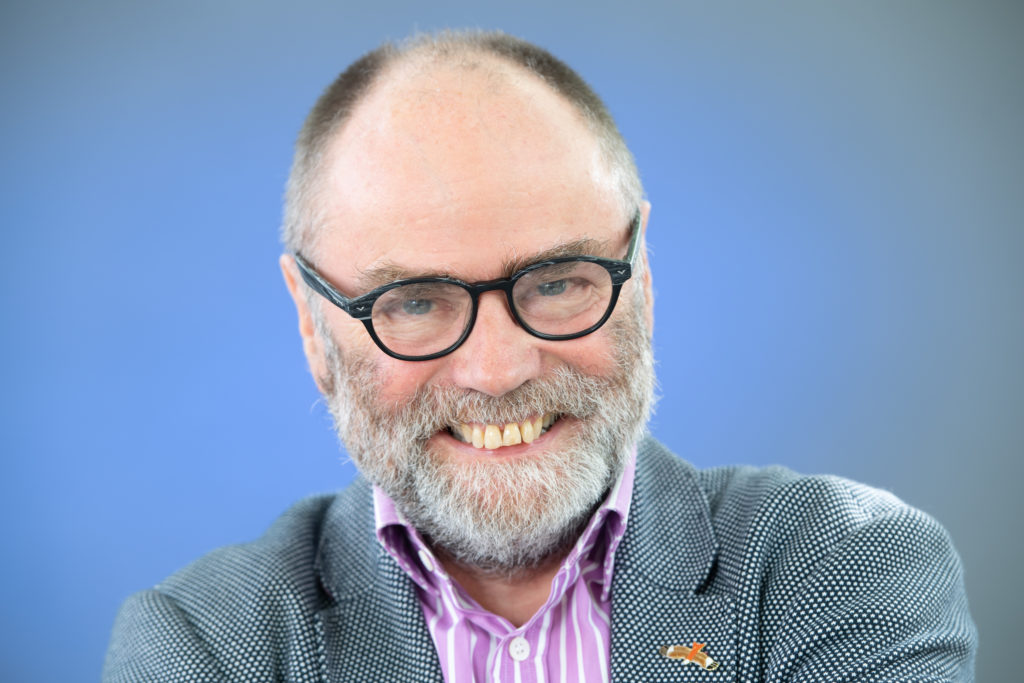 Diane Abbott (Image: Ian Forsyth/Getty Images)
Diane Abbott (Image: Ian Forsyth/Getty Images)Diane Abbott’s injudicious words about discrimination and intolerance have echoes in history
THERE is a big difference between traditional anti-black racism and anti-Semitism. Diane Abbott was wrong when she said recently that Jews, Irish and Travellers don’t experience racism but she would have been right to say that the ways in which different groups experience the derision of others are different.
The standard race hatred of black people treats them as sub-human, less intelligent and closer to the apes than to the white people.
I recall once travelling up the Falls Road in a black taxi and a woman sitting opposite me spotted a black soldier and said: “Look at him. Just down from the trees and they give him a gun and send him over here. That’s the thanks we get back for our black baby money.”
This is little different from the contempt often expressed for the Irish through Punch magazine and some distinguished writers like Thackeray in the nineteenth century.
There is even a book by Noel Ignatiev called How The Irish Became White. It shows how the Irish in North America, at the lowest social stratum, raised themselves up and politically organised, sometimes at the expense of the slaves and their prospects.
If you were a dirt-poor migrant in Mississippi you might see the liberation of slaves as a threat to your own livelihood for they would be competing against you for what little work there was.
I don’t think the Irish are regarded as stupid and primitive any more.
If anything, the modern stereotype sees us as great wits and charmers, an equally flawed assessment but one that regards us as likeable rather than contemptible.
In Ireland the prejudice was expressed as sectarianism.
When I was involved in the Community Awareness Programme with the RUC we had much discussion about whether there should be quotas for Catholic recruits.
Some of the police officers argued that quotas lowered standards.
I said that might be true if you were trying to help up a disadvantaged community where educational standards were low but you could hardly say that about Northern Irish Catholics. Their educational attainment was on average higher than that of Protestants.
I tell this story in my new book, How To Fix Northern Ireland. A BBC producer turned on me in the BBC canteen when I jumped the queue and said, “You Fenians now think you own the place.”
I didn’t complain about it because I thought he had made a fool of himself and even jeopardised his own job — if I had chosen to report him.
The standard prejudice against Jews is not that they are stupid and inferior people. In the past it was largely informed by a fear that people who were not Christian might be up to barbaric rituals. They were the Christ killers. But throughout this was a fear that they were more clever than the rest of us and that they were secretly conspiring against society.
This is as unwarranted and vicious as the dismissal of people of colour as sub-human but it is different.
The sense that Jews are more clever stays with us as does the perception than black people have better rhythm and run faster and that the Irish are great talkers.
We can all cite examples that seem to support these stereotypes and can be tempted to forget that there are stupid Jews too, blacks that couldn’t run the length of themselves and Irish people with no sense of humour.
One might say that, viewed over the centuries, the out-workings of prejudice are not much different. Millions of black people were shackled and enslaved and died as horribly as they lived. Millions of Jews were herded into ghettoes and then in the 20th century gassed in concentration camps. And British smugness at the time of the Irish famine was prepared to let the poor starve.
Then again, perhaps ‘British smugness’ is a prejudice too.
It is in the dismissal of anti-Semitism as prejudice akin to the prejudice against people with red hair that Abbott disgraced herself but she spoke out of experience of derision and perhaps a genuine doubt that Jews, Irish and Travellers really do attract the daily abuse and attention that black people endure, being more conspicuously different.
In other words, there is a point to be made about the differences between anti-Irish, anti-Traveller, anti-Semitic and anti-black attitudes and these difference arise from the different experiences of these groups and how they interacted with wider society.
I doubt there is significant anti Irish prejudice in Britain today.
What there was emerged from a history of real difference. The poor are looked down on everywhere and the Irish were poor. They were Catholic in Protestant Britain and their loyalty was in doubt because of the cyclical pattern of rebellion and anti-British violence going back 250 years.
And in the post war expansion of British cities, Irish labour was relied on but disdained and out of that came loneliness, drunkenness and disaffection.
As an Irish person I am not offended by Diane Abbott saying that prejudice against me is not comparable to prejudice against her.
But I don’t presume to suggest what others should feel.
 Malachi O'Doherty
Malachi O'Doherty
